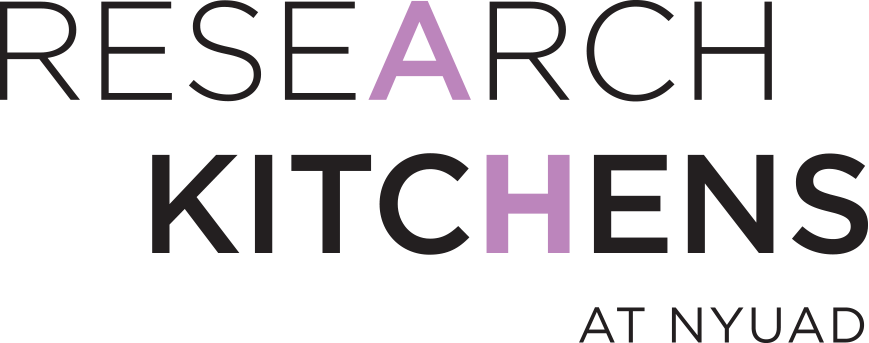Mangrove
Overview
Al-Mashhad is defined by its reference to place: the Arabian Gulf and its interconnections, from the Indian Ocean to the Gulf of Mexico. Taking Abu Dhabi’s mangrove shorelines as a departure point, Mangrove is an interdisciplinary investigation of global migration and collective sonic, corporal and linguistic identity from 1970 to the present.
Mangroves are rich ecosystems flourishing in the in-between. Their privilege habitat are the muddy, brackish areas between salt and freshwater (barzakh), land and sea; their rhizomatic roots extend in multiple directions, always growing, extending to meet other roots. Repurposing Deleuze & Guattari’s model of rhizomatic (rather than single-rooted, fixed, exclusive) forms of thought, and Edouard Glissant and the Caribbean movement of Creolite (primordial mixture and difference), Al Mashhad x Mangrove proposes to examine the Gulf as part of an archipelago of Mangrove Worlds: places of global mobility, encounters,
entanglements and friction; sites of religious, linguistic, racial, gendered diversity.
What happens when we rethink identity rhizomatically? Put differently, how do we imagine belonging without predatory roots? The Mangrove, that great rhizome, points us to modes of being and moving that refuse genealogy, that defy linearity and predictability in their growth, that straddle binaries of we/them,
self/other, temporary/permanent, she/he, and that traverse liminal otherworlds and neverworlds of neither here nor there, yet everywhere. Such a program necessarily takes the whole mangrove world as its stage,
not centrifugally from Abu Dhabi outwards, but centripetally from the subject forged in the errantry and exile, along the edge-connecting routes of the Global Mangrove Archipelago. In foregrounding primordial difference as a global and intractable condition, Mangrove x Al-Mashhad defies the exceptionalism with
which the Gulf, Carribbean and the Americas, alike, are often studied. It also decenters language and identity onto other dimensions and registers. Soundscapes and bodyscapes become the archive proper of such an inquiry. Thus, thinking with the Mangrove is an analytical, metaphysical and epistemological move. It is concerned with the practicalities of documenting and narrating historical experiences that testify, in song, dance and language, each to their own genuinely global sense of vernacular poetic expression: A poetics of the Whole Mangrove World.
Project Researchers
Hannah Elsisi Ashmawi
Laure Assaf
Laila Soliman
Deepak Unnikirshnan

